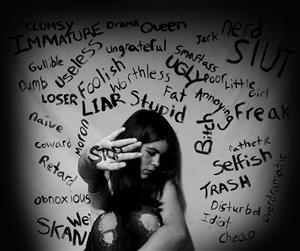
Abusive relationships can be quite complex to solve and in reality “is my relationship abusive” is a frequently asked question, and is one that cannot simply be answered.
Abuse is not restricted to any one class, age group or relationship; therefore it can sometimes be difficult to spot. In some cases, small outbursts of anger either physically or verbally can sometimes be mistaken for abuse but its very common for people to suffer from stress, the pressure of which can cause people to lash out which isn’t abusive behaviour, however if outbursts become frequent, it could potentially become abusive in the future.
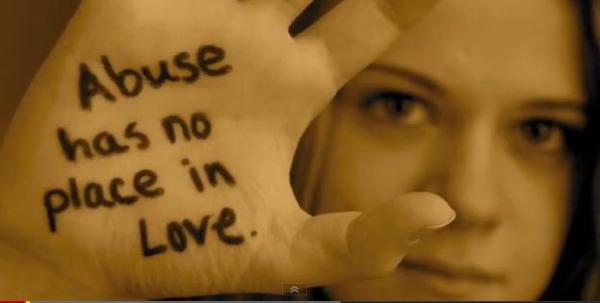
Abusive Relationship Characteristics
Control is the main characteristic of abusive relationships, occuring when someone controls another’s behaviour by manipulation or force.
It’s common that abusers have repeatedly been victims themselves, and therefore trigger abusive patterns, which can be controlled by one, or both partners depending on their background
In other relationships, abusers will aggressively try and undermine the other, which once fixed can be much harder to reverse. In some cases, the abused may find themselves to become more attached and dependent because they lack confidence and may feel worthless without them.
Here are 3 types of abuse:
Physical abuse
Emotional abuse
Sexual abuse
Abuse rarely just occurs over night, it arises slowly.
In abusive relationships, one party is noticeably more forceful or dominant, ignoring the wants and needs of their partner. Small things like insecurity or jealousy trigger abusive behaviour, which in turn leads their partners into feeling that they’re wanted, needed and more dependent.
These characteristics can then initiate a higher demand for love and affection. Once abuse occurs, it often progresses slowly resulting in one partner feeling vulnerable and isolated by the other, which often results in destruction.
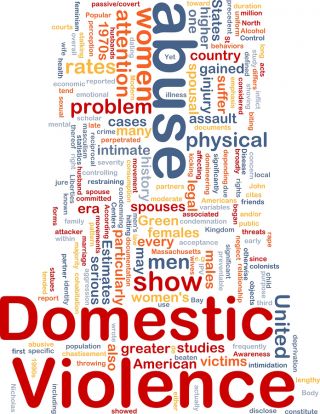
Abusive relationships include the following symptoms:
Physical violence
Isolation
A tendency to ‘fall out’ with the support network of your partner
Jealousy
Continuous criticism and put-downs
Secrecy
Controlling behaviour
In the majority of relationships, one partners needs increases whilst the other diminishes, much like their self-esteem. This is why most abusive relationships are progressive.
Often abusers share common traits including jealousy, a constant disrespect for other people’s boundaries, a controlling nature, needy and they frequently express deep feelings of failure and shame pulling their partner down with them. But despite their nature, they often don’t take responsibility for their actions and believe they are victims themselves.
This is why abusive behaviour tends to fall into cycles based on low self-esteem, a strong desire for love and affection, isolation, and drug or alcohol abuse.
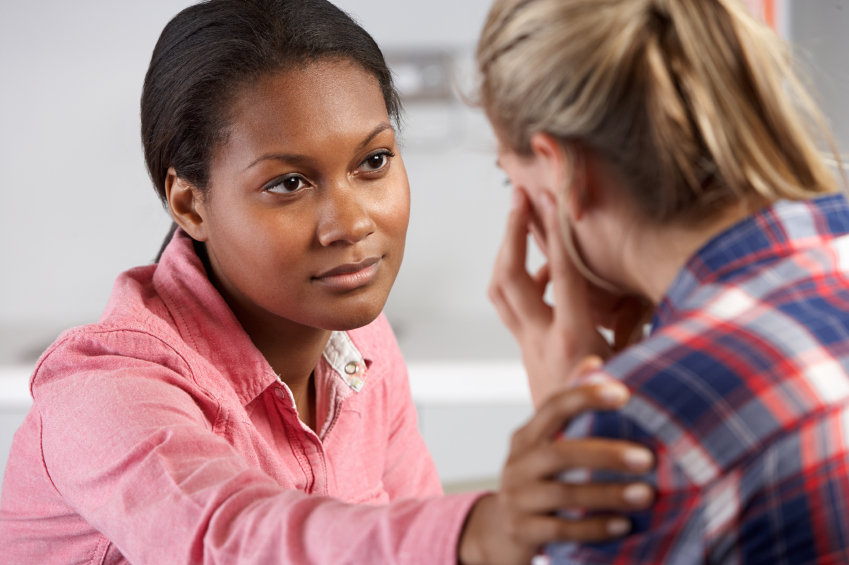
Can Counselling Address These Issues?
If you’re unsure whether your relationship is abusive then couples counselling can help to address this by explaining the behaviours and actions you and your partner do.
Individual counselling can help abused victims detach themselves and gain more independence from their partner.
Can help address ending a relationship – all abusive relationships are different to others
Abusers can receive support from specialist agencies
Help mend self-esteem issues
What Is Domestic Violence?
In accordance with the Home Office, domestic violence includes any violence, threatening behaviour or abuse that’s occurred between adults that have been, or, are in a relationship and family members no matter their sexuality or gender.
There are many kinds of abuse including psychological, emotional, financial and sexual, and in each case one person is more dominant or more over powering than the other. Victims are not restricted to one particular class or age but occur in every society. Women suffer the most from domestic violence resulting in 100 deaths a year whereas men suffer 30 deaths a year; even same-sex relationships experience domestic violence.
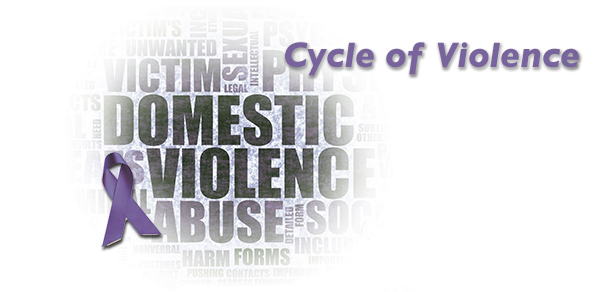
Before the Domestic Violence Crime and Victims Act of 2004 was announced, domestic violence was often a ‘hidden crime’ and often remained undetected by police. However the introduction of new policies have resulted in numerous families condoning past domestic violence.
It’s recommended if you are going to seek individual or relationship counselling, that you attend them alone as a safety caution. There are also numerous professionals and agencies that can offer advice and support if you feel your suffering from domestic violence, this can include:
Threats
Bullying
Verbal abuse
Sexual abuse
Physical abuse
Constant degrading and insults
Bullying
Continuously finding faults in a partner
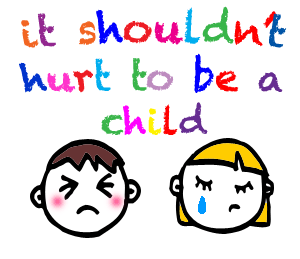
What Is Child Abuse?
Child abuse is when a parent or carer causes mental or physical harm to a child. It’s a proven fact that thousands of children suffer from abuse every year from a parent or carer and in many cases its often these people that were abused themselves when they were young.
These are the main types of child abuse:
Physical, emotional and sexual abuse
Neglect and abandonment
Child exploitation/labour
It’s common that the people who suffered from child abuse when they were younger, face problems with their relationships later on in life. Counselling can help address issues that have the potential to resurface from ones childhood like issues of trust, anger or perhaps sexual problems.